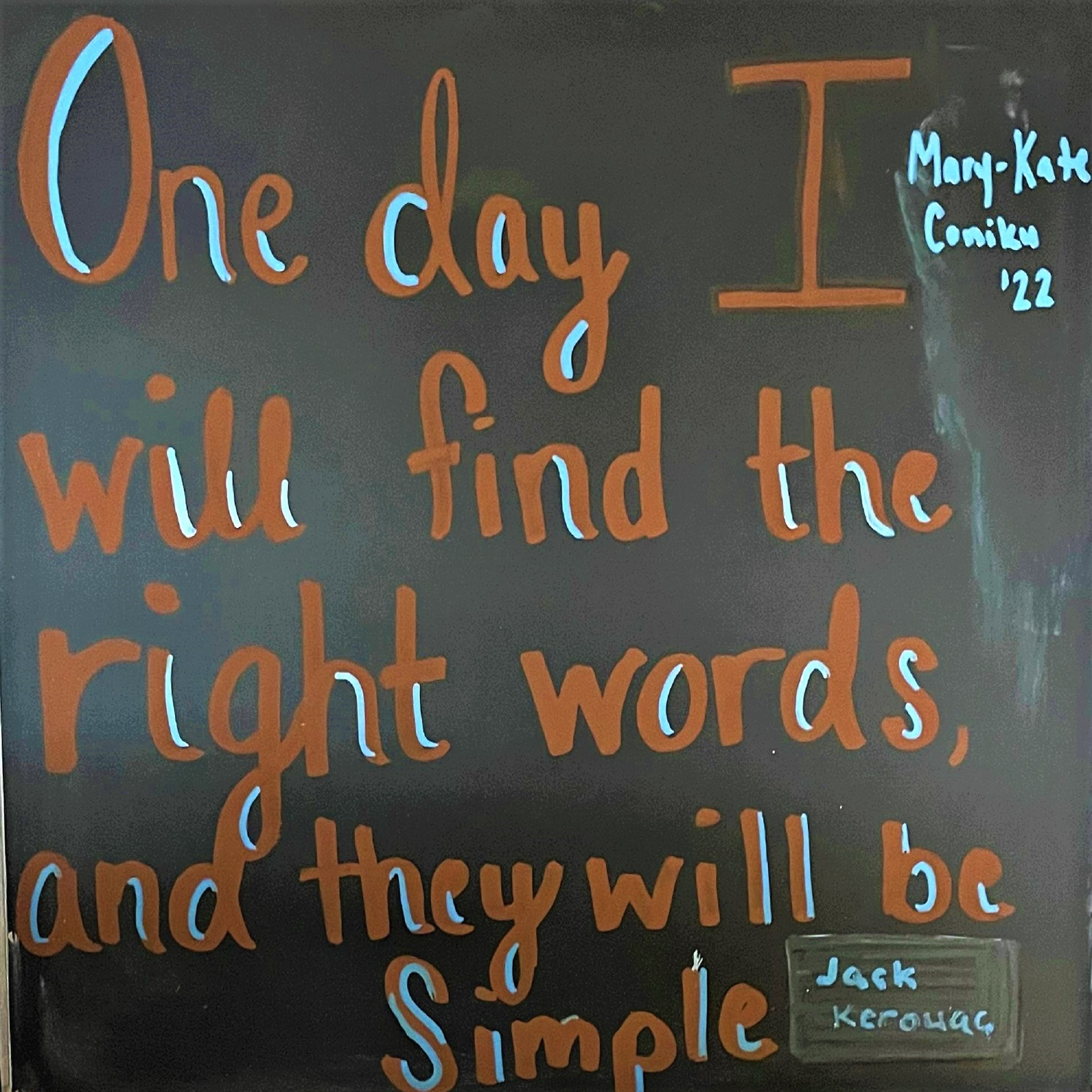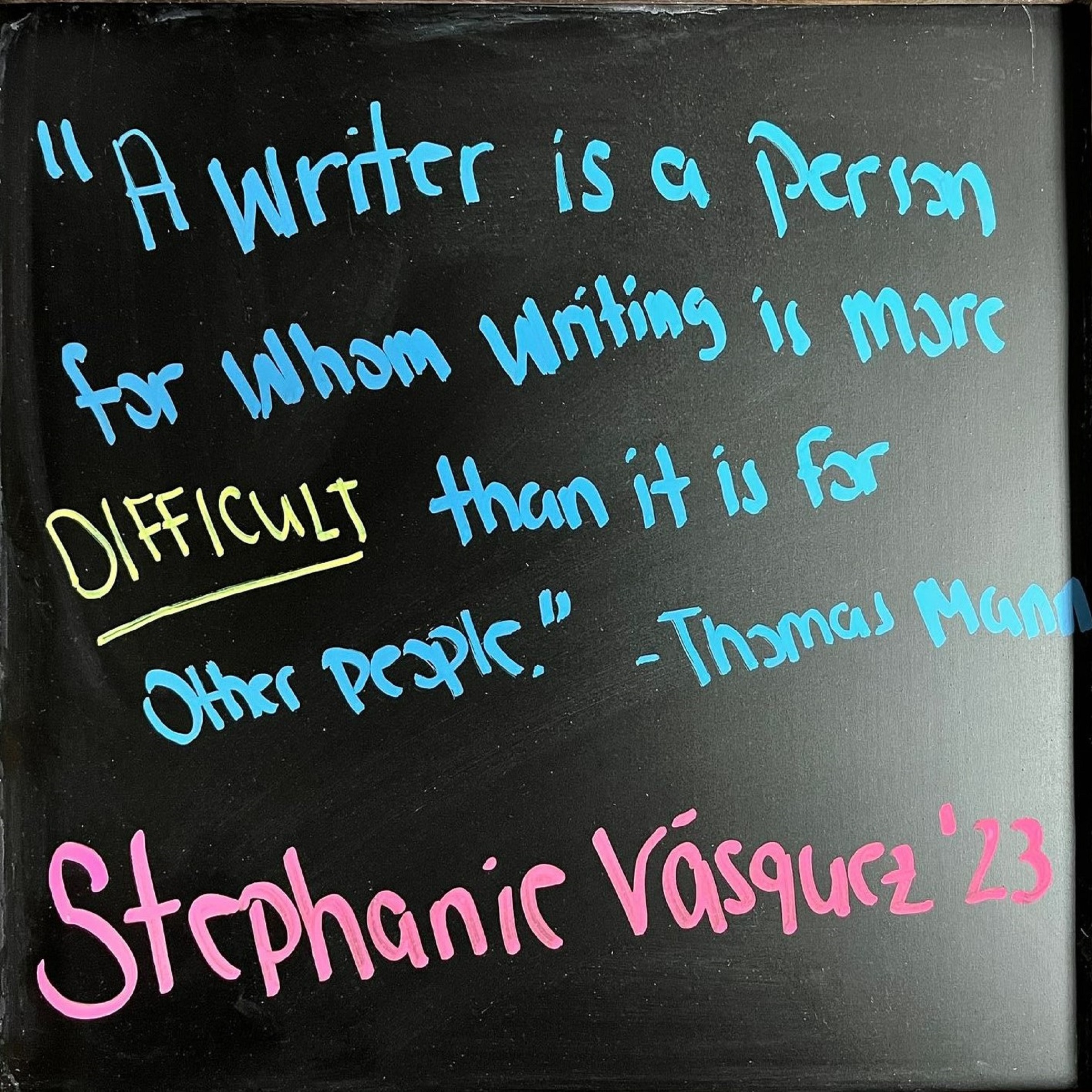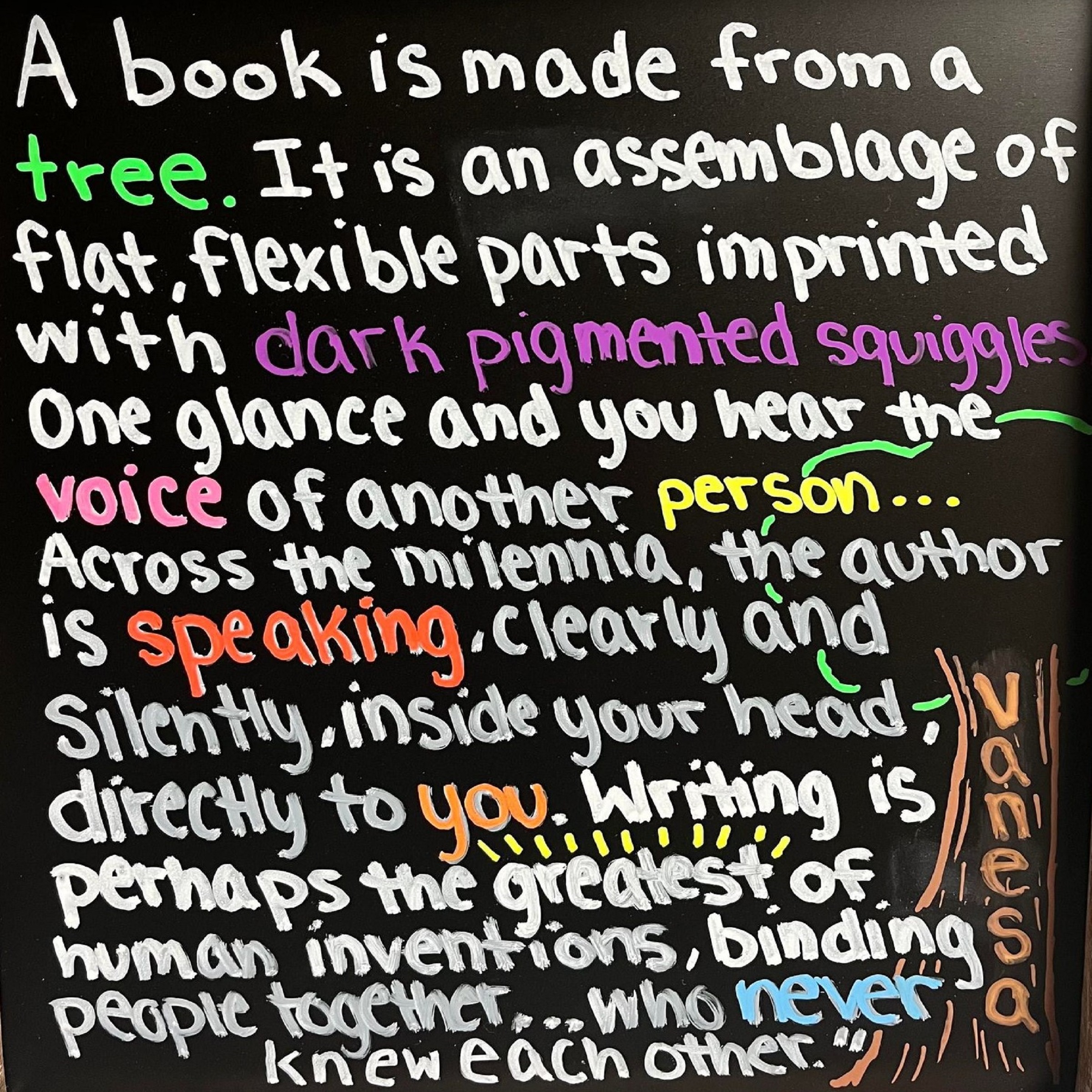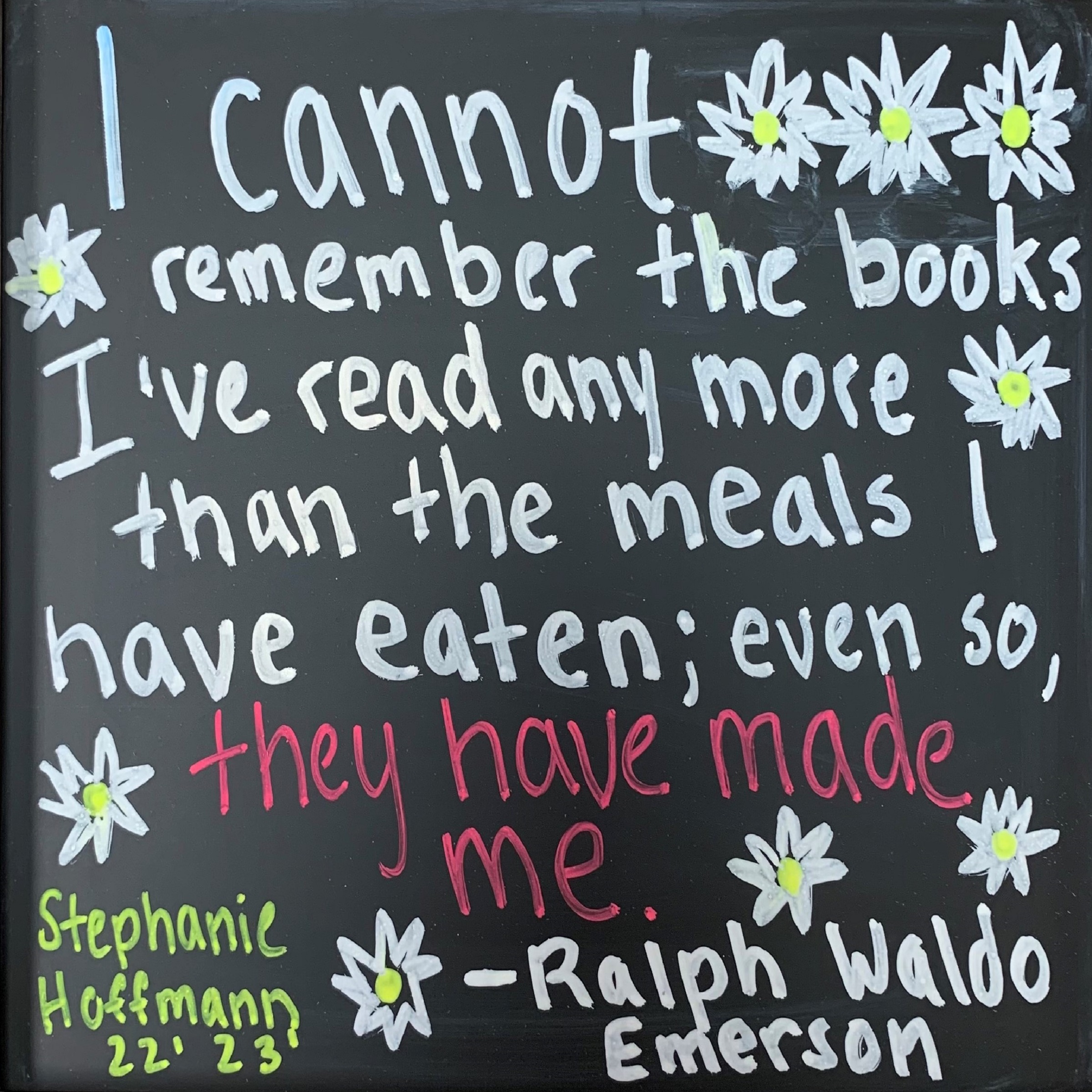There’s certain conventions that you need to know when analyzing a short story or comparing literary works by the same author. For example, you need to know how to write the title: is it in quotes? Is it italicized? Are you using a long quote or a short quote when inserting the text? Do you know how to cite it? Are you writing an analysis opposed to a plot summary? Do you know what tense to use when describing actions that occurred in the work? There’s a lot of rules!
Here’s the Golden Rules When Writing About Literature:
- Don’t summarize, but analyze. Your instructor has read the text and doesn’t need a detailed recap. They are more interested in how you can interpret the text. What do you think is significant about the text?
- Read the text closely. Annotate as you read in order to identify a unique a theme or a idea. We have a digital worksheet to walk you through that process here.
- Have a strong thesis. Check out our resources for thesis statements:
- Know the literary terminology and use it effectively. Here’s a quick list of terms, definitions, and samples.
- Use the present tense when describing actions in the piece.
- Use the present tense when describing what the author does.
- Remember that the narrator is different from the author.
- Write the author’s name correctly. When you reference the author, write their first and last name the very first time you reference them. Use only the last name when referring to the author later in your paper.
- Use direct quotes from the text. Generally, it’s better to use the quotes than to paraphrase so your reader can see the exact text.
- You must provide an explanation of each quote you provide. What is the significance of the quote? How does it support your thesis? Why did you include it? What does it do/say/indicate?
- Make sure you cite your quotes correctly by using in-text citations. Check out this quick guide. If you have multiple works by the same author, you’ll need to include some extra information.
- Indicate titles correctly. Titles of larger works or containers (like books, plays, anthologies) are italicized. Shorter works within containers (like chapters, poems, short stories) have “quotes” around them.
- Use strong verbs. Let’s avoid “is”, “are”, “has”, “does”, and maybe even move away from “says” and “states”. Check out the list of strong verbs for literary essays here.
- Use good sources. If you have to use other sources, use the databases in the library, not google. Check out these databases first.
- Use your professor’s office hours. Once you have a rough draft, go to your professor’s office hours and see if you’re on the right track. Don’t skip this step. Professors may look for different qualities in papers, and you need to know what they expect from you. For example, I once had an English professor that wanted my paper to contain most of the lecture notes. I later had a English professor that did not what me to use any of the ideas discussed in class. Instead, he wanted my own original ideas about the text. Those are very different expectations!
- Beware of the internet. I know students will browse the internet as a way to get their own ideas flowing. No Fear Shakespeare, GoodReads, and SparkNotes offer chapter-by-chapter interpretations of classical works. That doesn’t mean they are high quality, but they usually have a brief, easy-to-read format, which draws students to them in their brainstorming process. Don’t do it! But, if you can’t resist this temptation, then keep track of each source you read and remember to cite it correctly if you use that idea or a very similar idea anywhere in your paper.
Here’s a detailed handout with examples f how to use these rules.
It’s one of my personal favorites. It provides excellent examples of summary and analysis paragraphs. It also gives you examples of strong thesis statements for literary papers, and it demonstrates a variety of in-text citations with MLA format. I strongly recommend you check it out before you write your next English paper.
Other Tools and Resources:
| Student Sample Essays | Student Sample Essay |
| Student Sample Essays on Poetry Analysis | Student Sample Paper |
| Upper Level Student Sample Essays | A Compilation of Student Sample Papers from the 200-400 Level Literature Courses |
| Graphic Organizer for Literary Analysis | Multiple Graphic Organizers |












